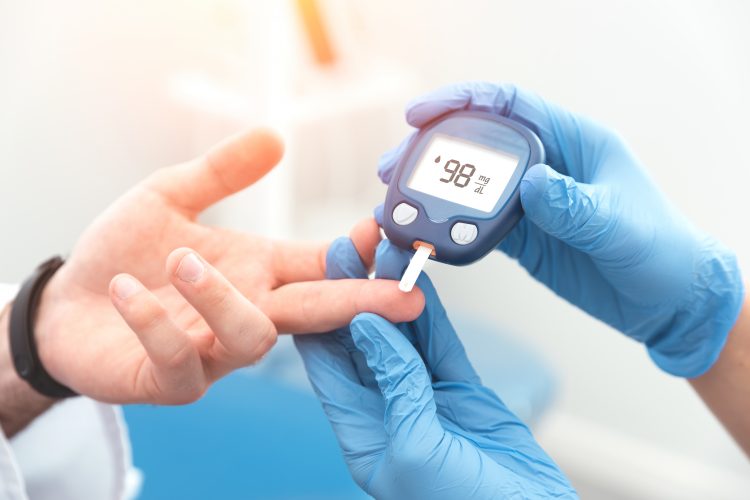Is the UK facing a diabetes epidemic?
- Like
- Digg
- Del
- Tumblr
- VKontakte
- Buffer
- Love This
- Odnoklassniki
- Meneame
- Blogger
- Amazon
- Yahoo Mail
- Gmail
- AOL
- Newsvine
- HackerNews
- Evernote
- MySpace
- Mail.ru
- Viadeo
- Line
- Comments
- Yummly
- SMS
- Viber
- Telegram
- Subscribe
- Skype
- Facebook Messenger
- Kakao
- LiveJournal
- Yammer
- Edgar
- Fintel
- Mix
- Instapaper
- Copy Link
Posted: 14 October 2021 | New Food Magazine | No comments yet
There is increasing concern that the UK could soon be facing a diabetes epidemic of its own, as rising obesity levels compared with the effects of COVID-19 cause more people to be diagnosed with the disease.


By 2030 diabetes cases in the UK will have risen by 50 percent compared to 2007 levels, according to Diabetes UK. That’s largely down to a rise in the level of obesity, but there is increasing evidence that Covid-19 may also triggering new cases, a leading expert is warning.
Dr Quinton Fivelman PhD, Chief Scientific Officer at London Medical Laboratory, says diabetes is escalating rapidly in the UK population, usually linked to factors such as weight, lifestyle, age and family history. In the last year he believes there is evidence has been building that there could also be a link with Covid-19.
“One in ten people will have diabetes by the end of the next decade, and one in three will be at much increased risk of developing it. Fortunately, there is a simple blood test (HbA1c) which will categorically confirm whether or not you have Type 2 diabetes – even in the earliest stages, long before any symptoms have developed,” he said.
“This increase in diabetes could, in some cases, be linked to Covid. New research has revealed Covid could be triggering the disease in previously healthy people, and potentially significantly worsening cases for some pre-existing diabetics.
“Put simply, diabetes is a disease in which people’s blood sugar levels become too high. If not treated quickly, it can lead to heart attacks, kidney failure, strokes, amputation, and blindness. There are two types of the disease: Type 1 is the most severe and symptoms can develop over weeks or even days; Type 2 is by far the most common, and symptoms develop more slowly and may not be as obvious.
“Keeping your blood sugar levels normal requires the proper balance of glucagon and insulin secretion at the appropriate times. A lack of insulin secretion can result in Type 1 diabetes. This may be triggered by Covid-19 attacking pancreatic cells.”
But what can people do to avoid the risk of Covid-19 and diabetes comorbidity? “As well as keeping up to date with Covid vaccinations, obvious measures include reducing weight, not eating too many sugary products, staying within Government alcohol guidelines, and continuing to avoid crowded areas such as nightclubs,” said Dr Fivelman.
Related topics
Health & Nutrition, Obesity, Research & development, The consumer








